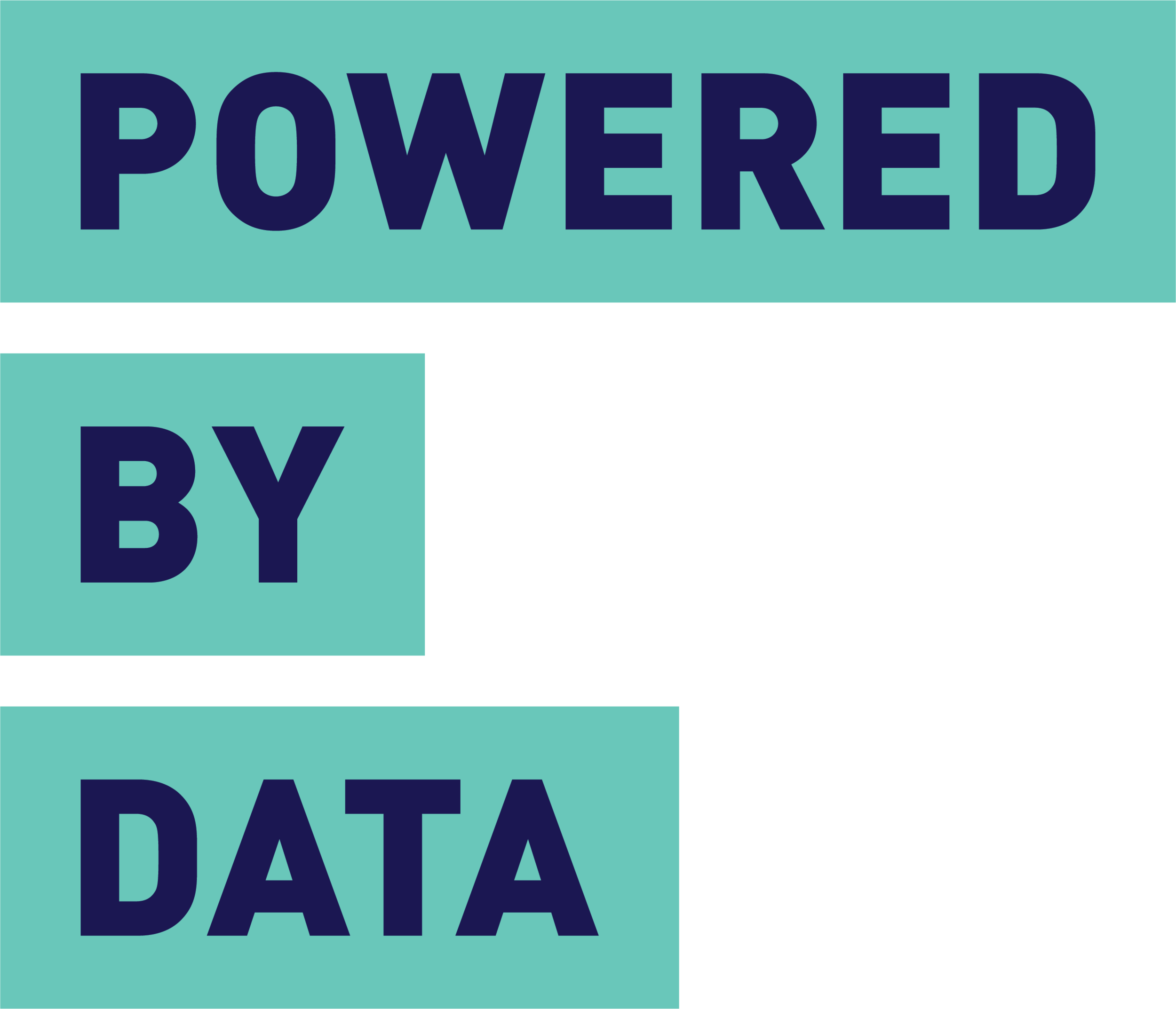When Boring Becomes Groundbreaking - Changes to Privacy Legislation in Ontario
If you’re like most people in Ontario, you probably have a vague awareness that the Freedom of Information and Protection of Privacy Act (FIPPA) exists. But let’s be honest - despite that FIPPA mandates how data on all Ontarians is collected, used, and protected by public institutions - most of us are less likely to read FIPPA than we are to review the terms of service with our cell phone providers. Recently though, the provincial government gave us all more reason to pay attention to FIPPA.
In 2019, the provincial government made revolutionary changes to FIPPA that will enable data-sharing across provincial ministries, as well as municipal departments. This means the government will be able to integrate data across program areas to inform policy development, program evaluation, service improvements, and system monitoring. We’ve highlighted this previously through our ON data strategy submissions last year. We’re giving the FIPPA changes more attention here because - this is a really big deal.
Currently government data sits in siloes within discrete ministries - staff are not able to combine and analyze data across interrelated programs. This means government is not able to integrate services that different programs provide to Ontarians, or understand the ways people access and use services - and whether they’re better off as a result.
The changes to FIPPA enable the data-sharing necessary to break down siloes, by linking and learning from data across program areas and departments. This form of data-sharing supports evidence-based program development and evaluation, both within government and through government-funded programs delivered through nonprofit organizations.
Of course, these new opportunities for data-sharing foreground the need to balance individual rights to privacy with rights to integrated services - and societal benefits that can be gained.
As much as we’re excited about the opportunities for better policies and programs that can result from data-sharing, we are also cautious to avoid unnecessarily collecting or sharing data that could expose vulnerabilities and put people at risk of harm. The amended FIPPA specifies that ministries may share data “in a privacy-protected way that de-identifies personal information.” The government is in the process of developing safeguards and standards before rolling out any new data-sharing initiatives to ensure appropriate protections. This is critical and calls for deep engagement with those most impacted - this includes communities more likely to be targeted by undue surveillance and discrimination, as well as the nonprofit partners who work in and with communities on a daily basis. To ensure appropriate balance of privacy rights and public benefit through data-sharing and implementation of the Ontario Data Strategy, we call on the Ontario government to collaborate with service delivery organizations as well as with advocacy groups representing impacted communities.
Ready to explore data-sharing possibilities and safeguards with us? Excited by the potential impact of Data Labs and other innovative models for sharing and protecting data to improve social outcomes? Get in touch!
